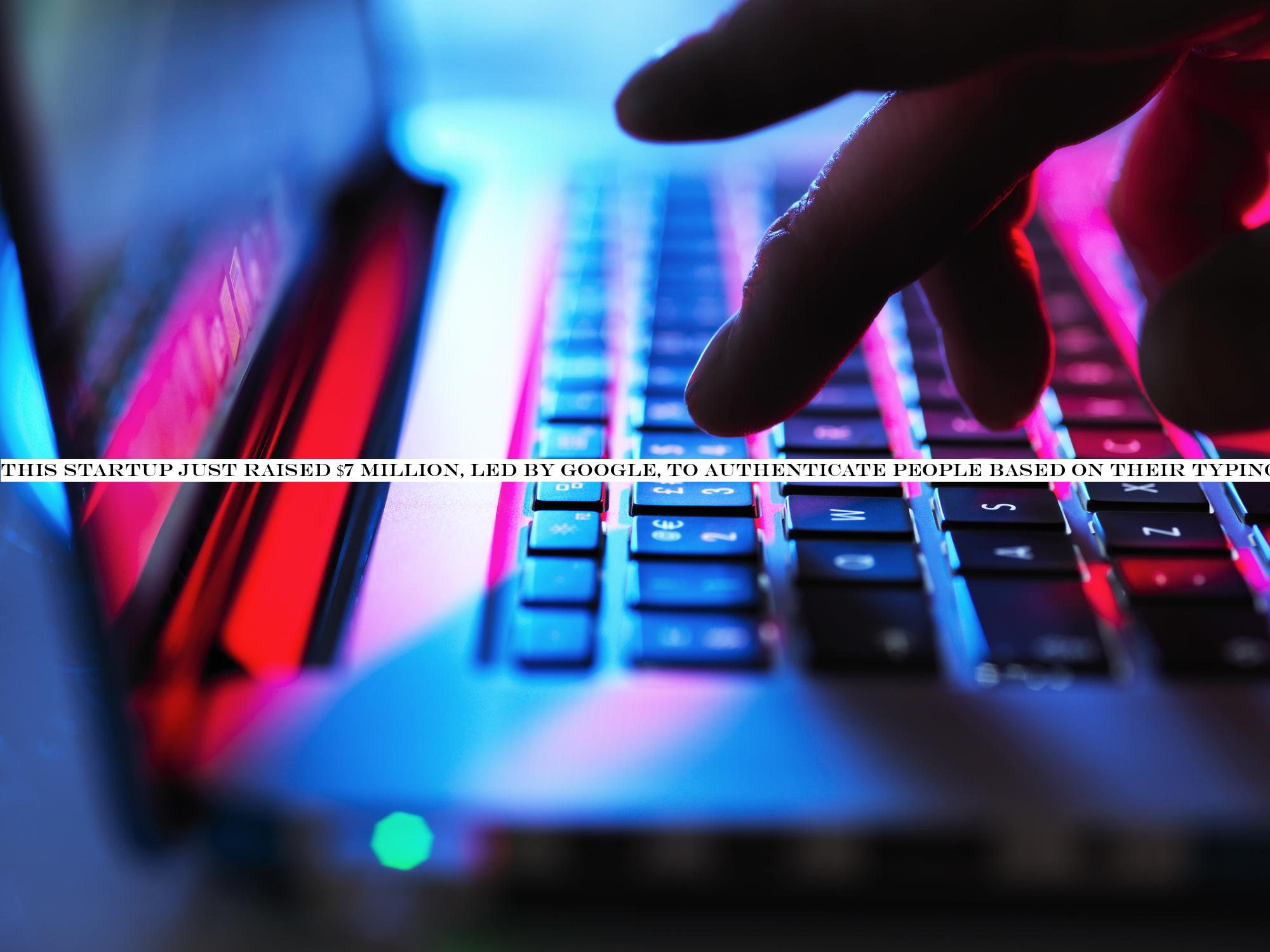
TypingDNA, a four-year-old, 18-person startup that was founded in Bucharest, Romania and more recently moved its headquarters to Brooklyn, New York, has closed on $7 million in Series A funding for something interesting: AI-driven technology that it says can recognize people based on the way they type, both on their laptops and mobile devices.We yesterday discovered an SEC filing that showed the company which graduated from Techstars NYC in late 2018 and early last year closed on 1.3 million in seed funding had so far raised $5.25 million toward that goal.
Weve since connected with the companys co-founder and CEO, Raul Popa, who confirms the entire amount has been raised.Gradient Ventures, which is Googles nearly three-year-old, AI-focused venture group, led the round; it was joined by the companys previous backers, including Techstars Ventures and GapMinder Venture Partners, a venture outfit based in Amsterdam.Typing biometrics the detailed timing information that describes exactly when each key is pressed and released as a way to identify the unique person at the keyboard is apparently not brand new.
A two-year-old, PC World article says research in the field dates back 20 years.
It also says that inaccuracies have kept the technology from being used as a widespread way to authenticate individuals.
TypingDNA meanwhile asserts that the typing pattern recognition technology it has developed has an accuracy rate of between 99% and 99.9%.According to Popa, TypingDNA is currently working with banks, financial and payment apps, online education platforms, enterprise apps, consumer apps and government apps that are concerned with identity and fraud prevention.On the education front, for example, it helps organizations ensure theyre giving the right students credit for the work they receive.Worth noting: its API is open to anyone especially developers looking to integrate the technology into their products and apps.
In fact, asked how the company will use its new round, Popa says the plan involves focusing on developers more, coming up with typing biometrics-based products that can easily be integrated to solve various use cases, and helping banks and fintechs where regulation asks for biometrics as a second factor.As for what TypingDNA is doing that wasnt previously possible, Popa says his team doesnt need a huge body of work to draw conclusions, that theyre able to look at very short and few samples of text in order to authenticate people with great accuracy.The mobile tech, he says, needs even less data than on desktop, because we also look at other sensors in the device.From an AI point of view, TypingDNA is apparently combining pattern recognition, anomaly detection and what Popa calls one-shot learning techniques some of which are completely novel, he says.
Indeed, if all goes as planned, it eventually also could be applied to other technologies, as well to improve binary classification quality when few training samples are used.

 12
12






